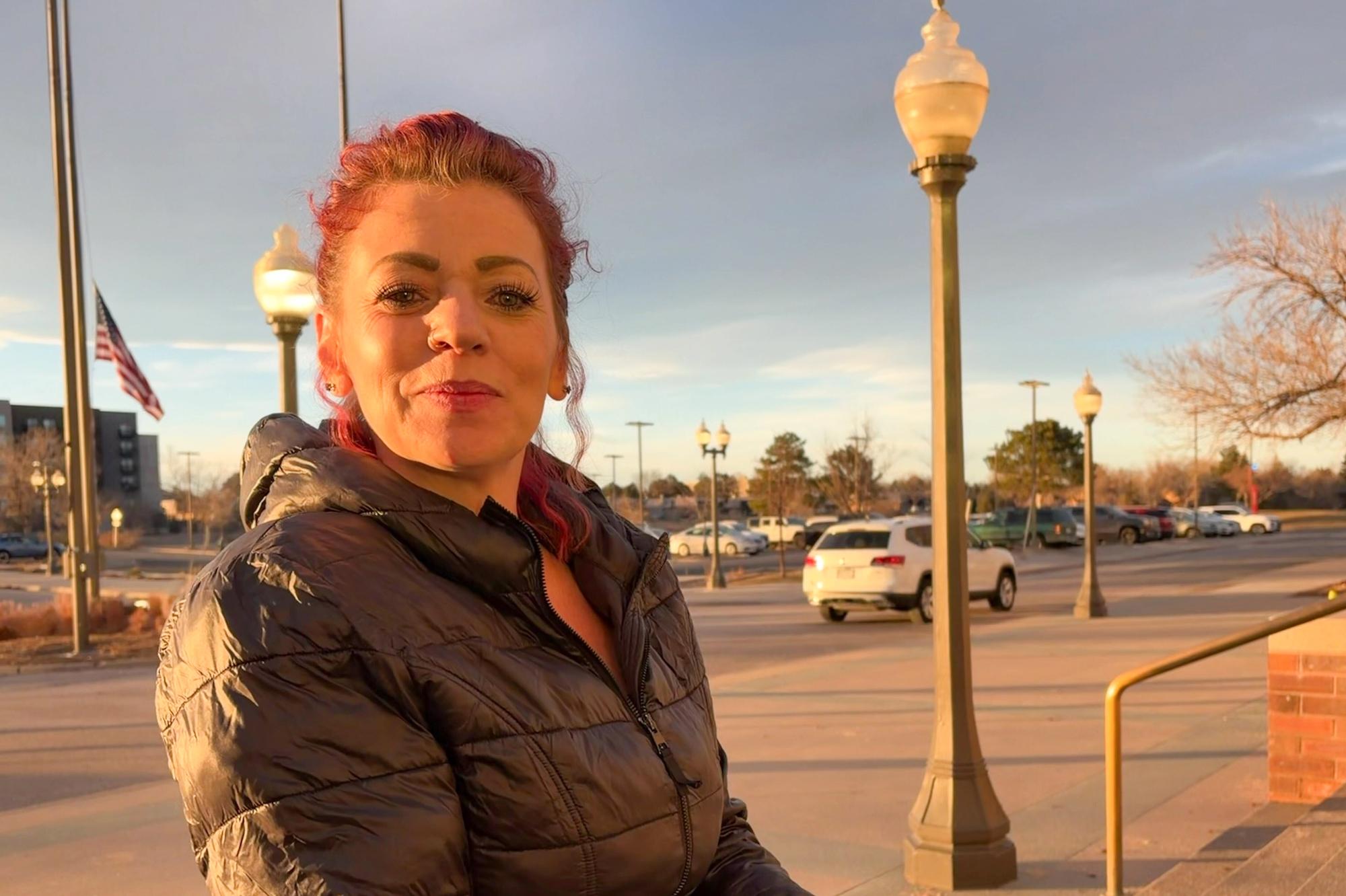Three leading legal scholars testified Wednesday that President Donald Trump’s attempts to have Ukraine investigate Democratic rivals are grounds for impeachment.
Though no date has been set, the Democrats are charging toward a Christmastime vote on removing the 45th president. It’s a starkly partisan undertaking, a situation Pelosi hoped to avoid but now seems inevitable.
Across the Capitol on Wednesday, the polarizing political divide over impeachment, only the fourth such inquiry in the nation’s history, was on display.
At the Judiciary hearing Democrats sided with the scholars who said Trump’s actions reached the Constitution’s threshold of “bribery or other high crimes and misdemeanors.” Republicans pointed to the lone professor they were allowed to invite, who said impeachment was not warranted.
Colorado Reps. Ken Buck, a Republican, and Joe Neguse, a Democrat, both sit on the Judiciary Committee. Their questioning also fell on party lines.
Both Democrats and Republicans have released their reports on the inquiry in advance of the Judiciary's hearings. The GOP report disputes that Trump was laying out a “quid pro quo” with Ukraine when he asked the country’s president to investigate Democrats. It says Trump holds a “deepseated, genuine, and reasonable skepticism” of Ukraine due to its history of corruption.
The House Intelligence Committee's report outlines evidence of what it calls President Donald Trump’s wrongdoing toward Ukraine. Possible grounds for impeachment are focused on whether Trump abused his office as he pressed Ukrainian President Volodymyr Zelenskiy in a July 25 phone call to launch investigations into Trump’s political rivals. At the time, Trump was withholding $400 million in military aid, jeopardizing key support as Ukraine faced an aggressive Russia at its border.
The next step comes when the Judiciary Committee gavels open its own hearing with legal experts to assess the findings and consider potential articles of impeachment ahead of a possible vote by the full House by Christmas. That would presumably send it to the Senate for a trial in January.








